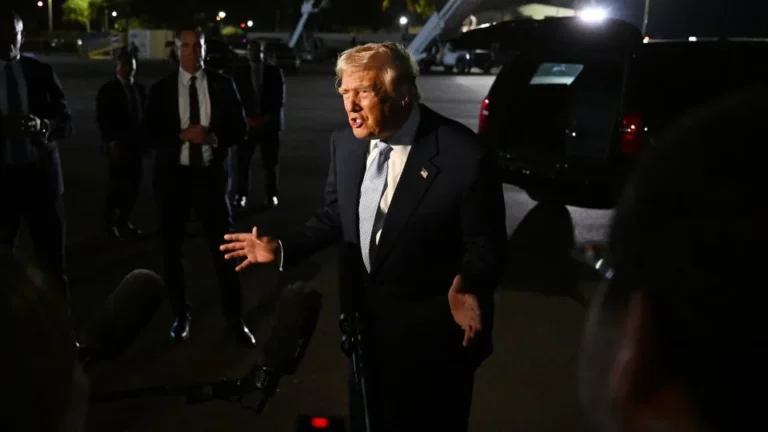President Donald Trump signed legislation this week requiring the release of the Jeffrey Epstein files. The bill passed both chambers of Congress, but questions remain about whether the Trump administration will fully comply.
Some lawmakers, including Republicans, caution that the White House could still delay or limit the release. “The real test will be: Will the Department of Justice release the files?” said Rep. Marjorie Taylor Greene of Georgia. Rep. Thomas Massie of Kentucky warned of a potential “last-ditch effort” to block disclosure.
Attorney General Pam Bondi said the administration would “follow the law,” but offered no assurances about releasing all documents. Observers note that withholding certain records could be legally justified if they relate to “active federal investigations.”
Some recent moves suggest a possible pretext for delay. Last week, Trump directed Bondi to investigate individuals mentioned in Epstein communications. This created new “active investigations,” potentially allowing the DOJ to withhold some documents while still technically complying with the law.
The administration has faced criticism for previous attempts to manage Epstein-related disclosures. In July, the DOJ pushed for the release of grand jury materials, which judges later said appeared to create an “illusion” of full disclosure. Experts note the government already holds much more information than has been released.
Trump and other officials have also cited the need to protect “innocent” individuals mentioned in the files, including those who may have only had indirect contact with Epstein. FBI Director Kash Patel suggested that releasing some materials could violate court orders or include sensitive content, such as pornography.
Despite these concerns, the law includes safeguards to prevent indefinite withholding. Any documents withheld must come with written justification, and Congress must be notified within 15 days. The administration must also provide an unredacted list of officials and politically exposed persons included in the files.
Observers warn that attempting to block or redact substantial information could spark a major political backlash, including from Trump’s own supporters. While the administration may try to reserve options, fully withholding records could be among the most politically risky moves yet.







